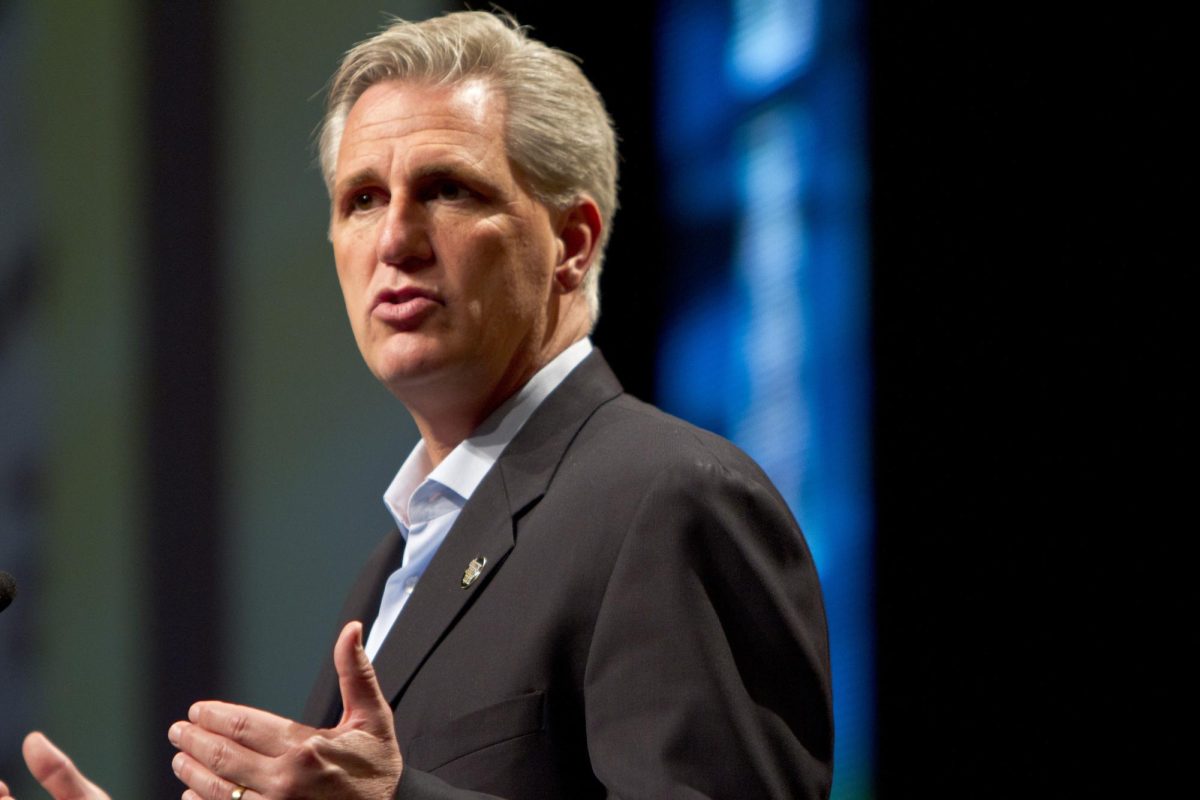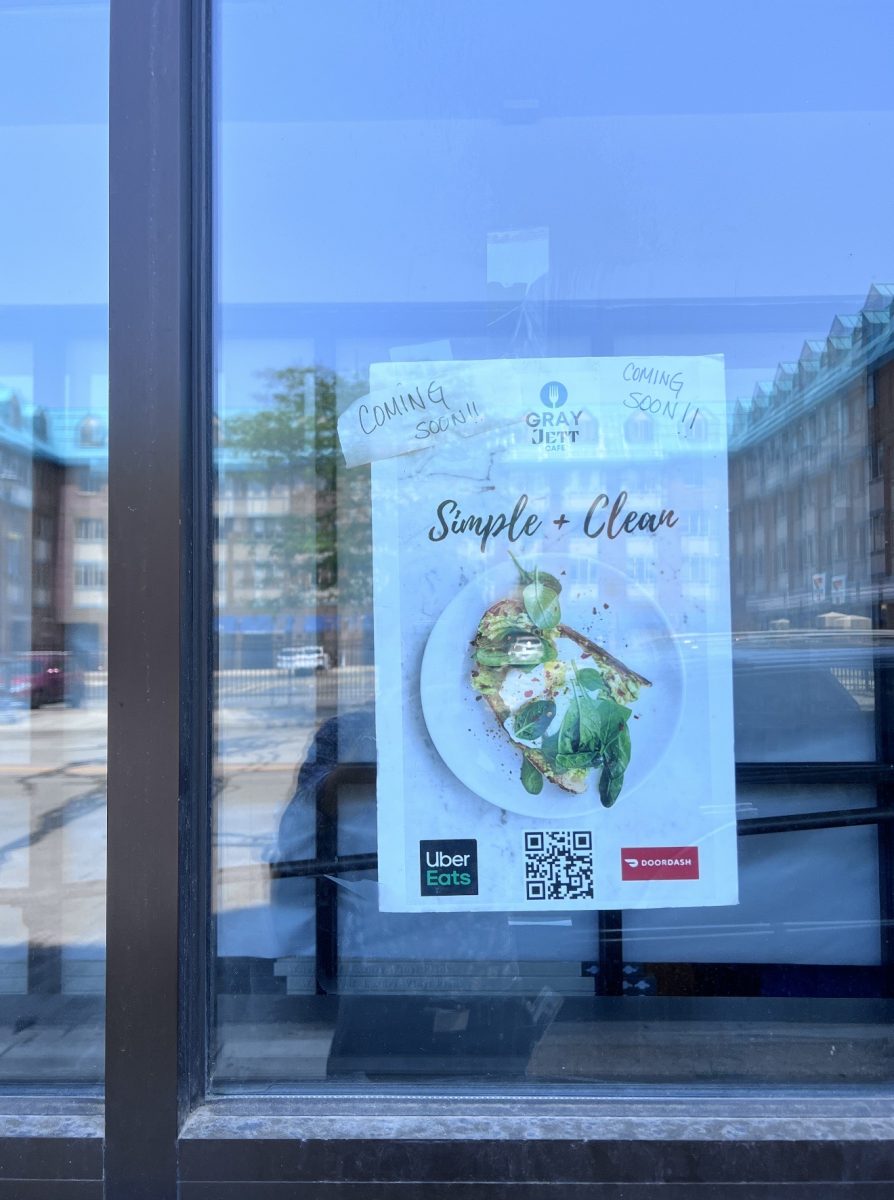College without tuition is a fantasy for indebted students, but its reality for the University of the People.
Described as the world’s first global tuition-free online academic institution, the University of the People opened its enrollment in April and is now accepting applications for its third term.
The University of the People is a nonprofit organization committed to providing universal access to post-secondary education for qualified students, according to the university’s Web site.
Through nearly an 800-member volunteer and paid staff, which consists of active and retired professors, master’s-level students, librarians and other professionals, the university is able to operate without charging tuition.
Readings and other study materials are also provided free of charge online.
The only fees students pay include enrollment, which ranges from $15 to $50, and exams in the area of $10 to $100 — students from less financially-sound countries pay the lower fees.
Founded by the university’s current president Shai Reshef, the University of the People is based on his vision of universal college education.
“Mr. Reshef believes that a college education should be a right, not a privilege, and founded (University of the People) as a way to democratize higher education,” said Abby Berman, public relations representative for the University of the People. “The tuition-free philosophy allows disenfranchised communities around the world, regardless of economic, geographic and social constraints, access to quality and affordable education.”
Nonetheless, the university is in its infancy and has capped enrollment at 300 students to stay tuition-free until more money is raised and the school expands, according to the University of the People Web site.
Berman said in the university’s first term, 179 students from 49 countries enrolled, while 130 students from 40 countries are currently enrolled in its second term.
Over the next five years, the university plans to increase enrollment to 15,000 students — the level at which the university should be self-sustaining, Berman said.
In the future, the university also plans to increase the amount of programs it has available for students.
Currently, it offers four programs in two academic tracks: an associate degree or Bachelor of Arts in Business Administration or an associate degree or Bachelor of Science in computer science.
Reshef donated $1 million to initiate the university’s launch, and is seeking donations from individuals and organizations to cover the rest of the $6 million start-up cost of the university, Berman said.
Reshef has decades of background in entrepreneurship, founding several Internet-based educational businesses such as Cramster.com, an online homework help and study community.
“With these new social networks, where young people now like to spend their lives, we can bring college degrees to students all over the world, Third World students who would be unable to study otherwise,” Reshef said in an early 2009 New York Times article.
Though the aspect of not paying tuition might appeal to some students, others express concerns over a lack of social life.
“It might sound ridiculous, but I’d rather pay and have a tangible college experience and a social life than get my degree for free online,” said Nick Malcolm, a sophomore in the College of Business Administration. “I can see how it’d be great for people in Third World countries, though.”
Others, like Carly Condon, a sophomore in the College of Education, see it as an opportunity for countries to improve via their citizens’ education.
“Making college education available for free is a huge step toward reducing poverty,” Condon said. “A lot of the problem is that people aren’t wealthy enough to afford a college education, and this university seems to solve that.”









